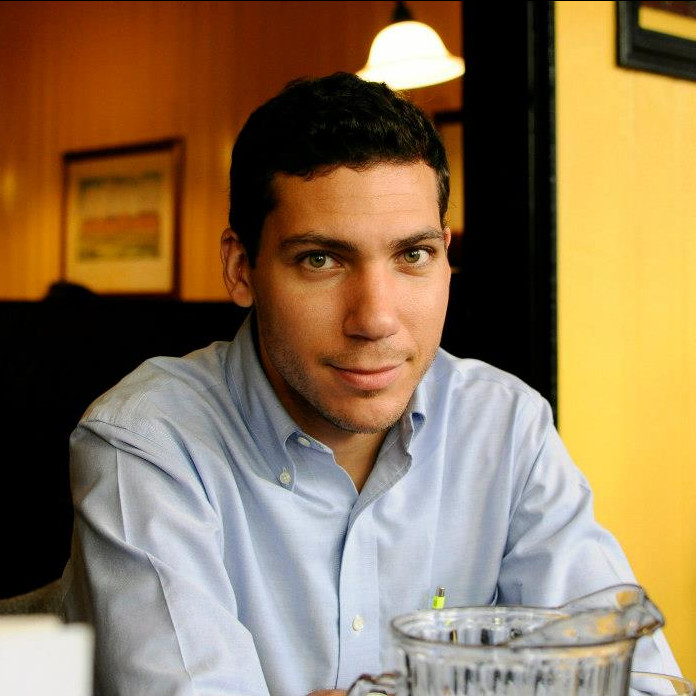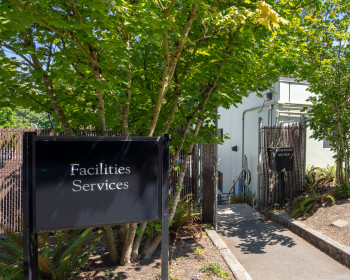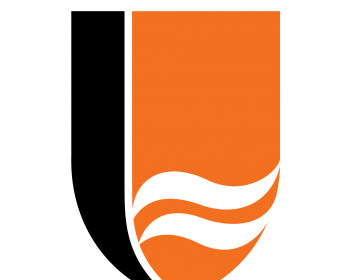Meet our new faculty: Khalil Johnson
Open gallery

The following Q&A is part of a series created by the college dean’s office to introduce new faculty. Get to know Khalil Johnson, Lewis & Clark’s 2014-15 postdoctoral fellow in Native American history and history of the American West, in the interview below.
Education: PhD (2015, anticipated) in American studies and African American studies, Yale University; BA (2005) in English literature, University of Georgia
Research and teaching interests: My scholarship and teaching draw connections across lines of racial, ethnic, geographic, and national difference. I’m interested in 19th- and 20th-century U.S. history, relational ethnic studies, music, and alterity.
What most excites you about joining the Lewis & Clark community?
I’m absolutely thrilled by the opportunity to engage students in the history of Indigenous North America and the contentious and ongoing story of colonialism in the United States. I’m eager to learn more about my colleagues’ research projects and hope to glean best practices for improving my instruction and scholarship. And after three years of research and dissertation writing fellowships, I’m especially happy that I will be completing my dissertation on such a gorgeous campus and in a structured, intellectually rigorous environment.
Describe the current trajectory of your scholarly research.
My project explores the stories of several hundred African American teachers and their students in reservation boarding schools during the Civil Rights era, probing questions concerning race and subjugation; the nature of sovereignty, citizenship, and state power; and the tension between competition and collaboration in interethnic campaigns for equality and civil rights. I’m also at work on an article drawn from my dissertation research about Thomas Jesse Jones, the educational director of the Phelps-Stokes Fund and a key figure in the “cultural adjustment” movement, which offered a solution to the problem of black citizenship in the colonial world by suggesting that African Americans, Native Americans, and African colonial subjects could retain certain aspects of their culture so long as they conformed to the behavioral mores and demands of the state.
What kind of hobbies or special activities do you enjoy outside of work?
I’ve really enjoyed exploring Portland this summer, either by bike or on foot with my dog, Xochi. In general I dig listening to music, making thematic “mix-tapes,” running, cooking, and tending to houseplants. And on the rare occasion when I’m not working on writing, I enjoy photography and creating music on my computer.
What were your childhood goals/aspirations?
I’ve always wanted to change the world.
What are you listening to in your car right now?
A mix CD I made called “The Bull of Heaven.” It’s inspired by the Epic of Gilgamesh and the Star Trek: The Next Generation episode “Darmok.” The track list includes songs from Katy Parry, Tame Impala, Led Zeppelin, and Simon and Garfunkel.
What was your favorite childhood story?
Douglas Adams’ The Hitchhiker’s Guide to the Galaxy series was my favorite story when I was a child. My favorite children’s story would be the J.K. Rowling’s Harry Potter series, which I read the summer of my first year in graduate school. My favorite story about childhood is John Steinbeck’s East of Eden.
More The Source Stories
email source@lclark.edu

